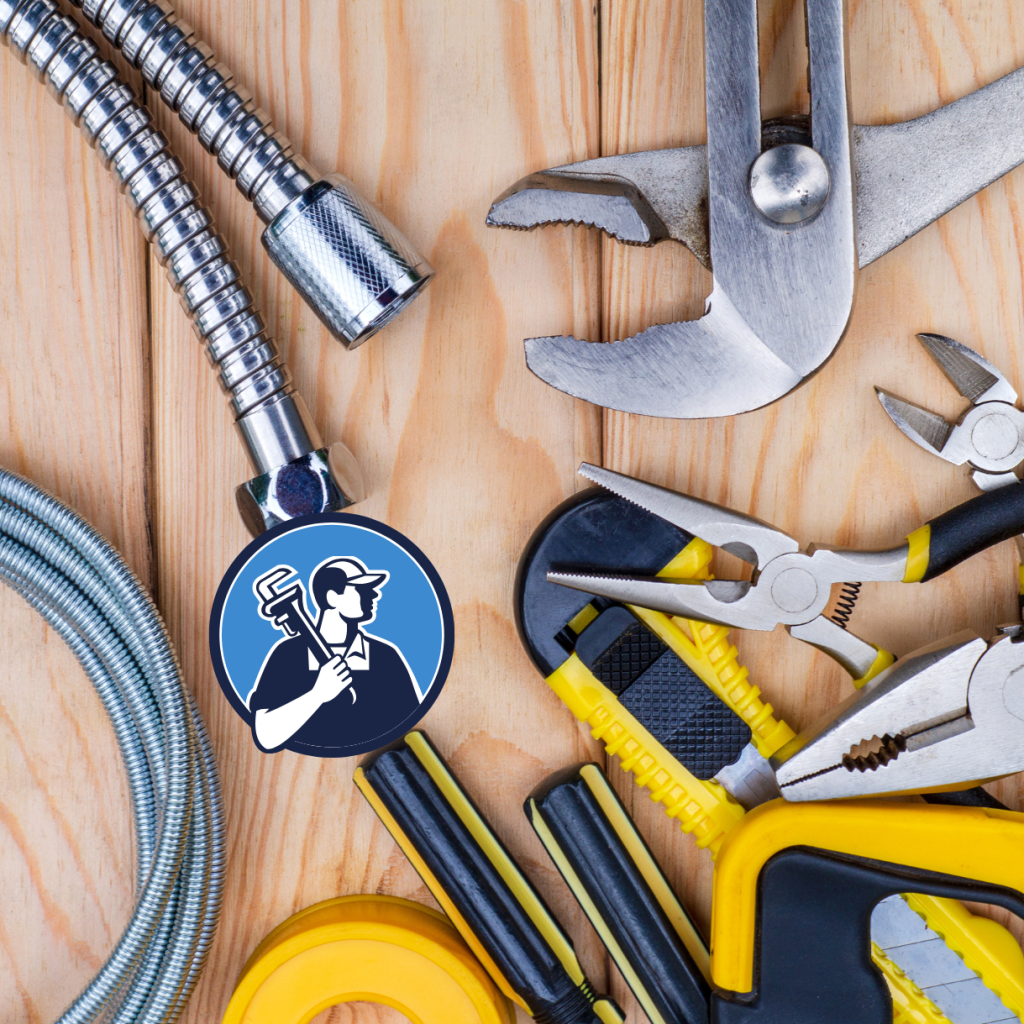Professional plumbing is an industry that combines technical skill, practical problem-solving, and a deep understanding of mechanical systems.
From handling basic repairs to installing complex plumbing networks, a professional plumber must be prepared for a variety of challenges.
Ensuring access to the right tools and resources can make all the difference in the quality and efficiency of a plumber’s work.
In this article, we’ll explore important tools, advancements in technology, educational resources, and more that professionals in the plumbing industry should be aware of.
Resources for Professional Plumbers
Keep reading to discover how these resources can enhance your plumbing career.
Essential Tools Every Professional Plumber Should Have
A plumber’s toolkit is essential for handling tasks of all sizes, from turning pipes with wrenches to cutting materials with tube and wire cutters.

Tools like augers and snakes are crucial for clearing clogs, while leak detection devices and pressure gauges help identify issues efficiently.
Modern advancements continue to enhance these tools for faster problem-solving. Plumbers also rely on sealants, tapes, and solders to ensure watertight connections, making quality plumbing supply indispensable for sourcing parts and fixtures. Having the right tools and supplies ensures every job is done with precision and reliability.
Advancements in Plumbing Technology for the Modern Professional
The plumbing industry has seen significant technological advancements, including tankless and solar-powered water heaters, smart home technology with leak detection systems, and high-tech drain cleaning machines.
Video inspection equipment and hydro-jet technology enable real-time examination of pipes, making it easier to spot and diagnose issues.
Plumbing-oriented software applications streamline business tasks, freeing up tradespeople to focus on hands-on work.
PEX piping offers a flexible, durable alternative to traditional copper and PVC options, making it popular for new constructions and renovations due to its ease of installation and resistance to scale and chlorine. These advancements have significantly impacted the industry.
Online Resources and Forums for Continuing Plumbing Education
Professional plumbing requires ongoing education and training to stay updated with the latest techniques and safety mandates.
Online platforms offer courses, tutorials, and certification programs, allowing plumbers to stay current and share experiences. Online forums and communities provide a collective knowledge base for specific field scenarios.
Virtual trade shows and webinars allow plumbers to learn directly from manufacturers and industry leaders.
Professional plumbing blogs and online magazines offer in-depth articles on topics like innovative solutions and business management tips for expanding operations. These resources provide valuable information for plumbers in the field.
Understanding Plumbing Codes and Standards for Compliance
Professional plumbing is not just about technical skills, but also about compliance with codes and standards.

These regulations ensure safety, quality, and environmental protection. Staying informed about the International Plumbing Code (IPC) and other local codes is a non-negotiable aspect of the job.
Plumbing codes evolve over time, driven by advances in technology, environmental needs, and safety research.
Professional plumbers must stay on top of these changes to ensure their work meets the required standards and avoids potential legal issues.
Understanding the rationale behind codes can also assist plumbers in client education. Explaining why certain procedures and materials are mandated promotes transparency and trust between plumber and client.
There are also resources like codebooks, online databases, and training seminars that focus specifically on plumbing code updates and interpretations. These can be instrumental in keeping a plumber’s knowledge base both broad and in-depth.
Networking and Professional Associations for Plumbing Career Growth
Networking is a cornerstone for growth in any profession, and the plumbing industry is no exception.
Membership in professional associations provides credibility, access to educational resources, and connects plumbers with their peers.
Associations often hold conferences, workshops, and meetings where plumbers can share tips and techniques, discuss industry trends, and learn from experienced professionals. This involvement can lead to collaborative opportunities and even mentorship relations.
Many of these organizations advocate for plumbers at the local, state, and national levels, addressing issues such as licensing, trade regulations, and educational standards.
Being part of these advocacy efforts can give plumbers a voice in shaping the future of their trade. Professional networking platforms, both online and offline, are also instrumental for business development.
They enable plumbers to showcase their work, connect with potential customers, and increase their visibility within the industry.
Overall, investing in the right tools, keeping abreast of technological advancements, engaging in continuous education, adhering to plumbing codes, and leveraging professional networks are key steps for any plumber seeking to excel in their career.
By embracing these resources, plumbers not only enhance their own skill set but also contribute to the reliability and advancement of the industry as a whole.